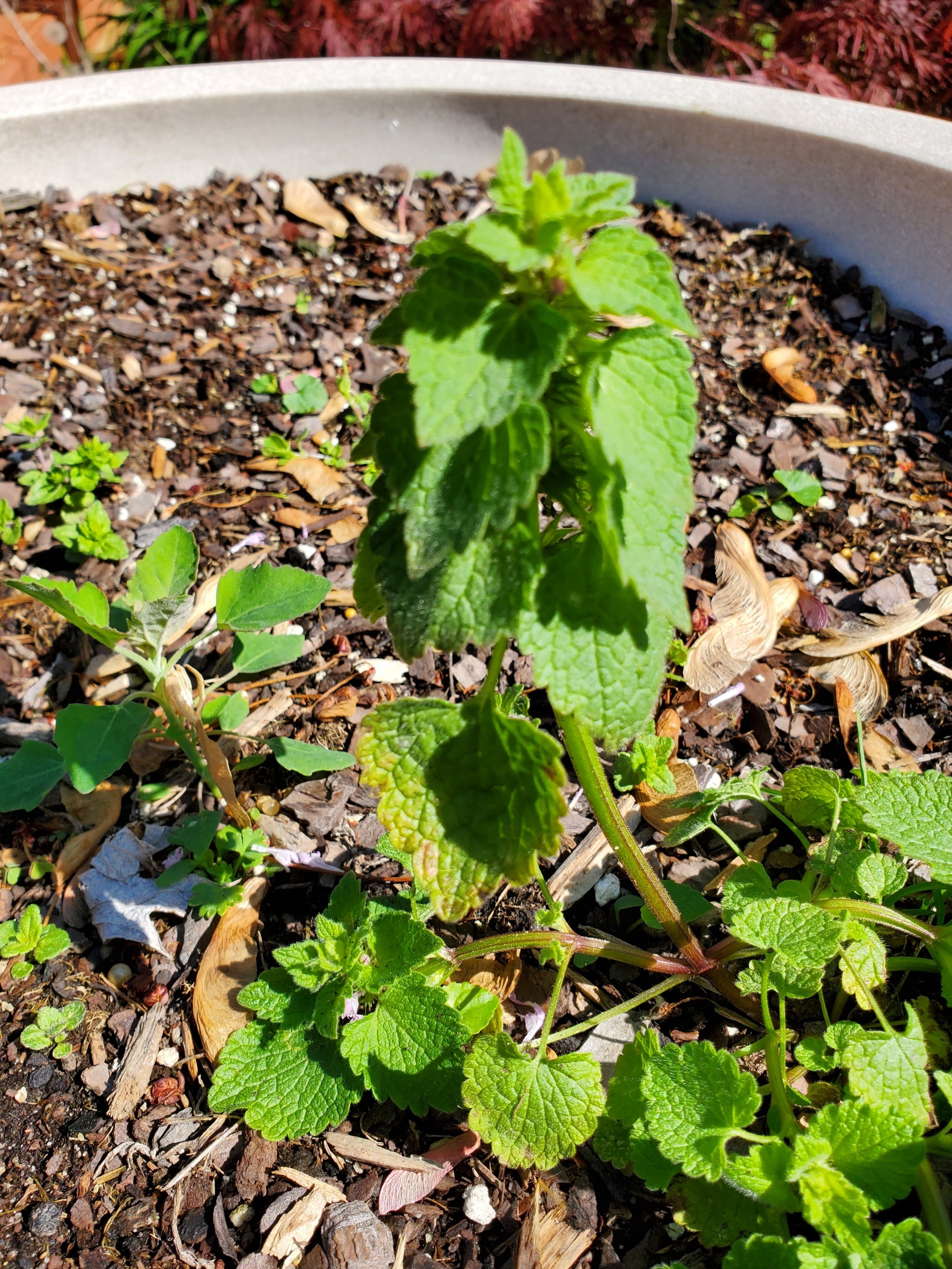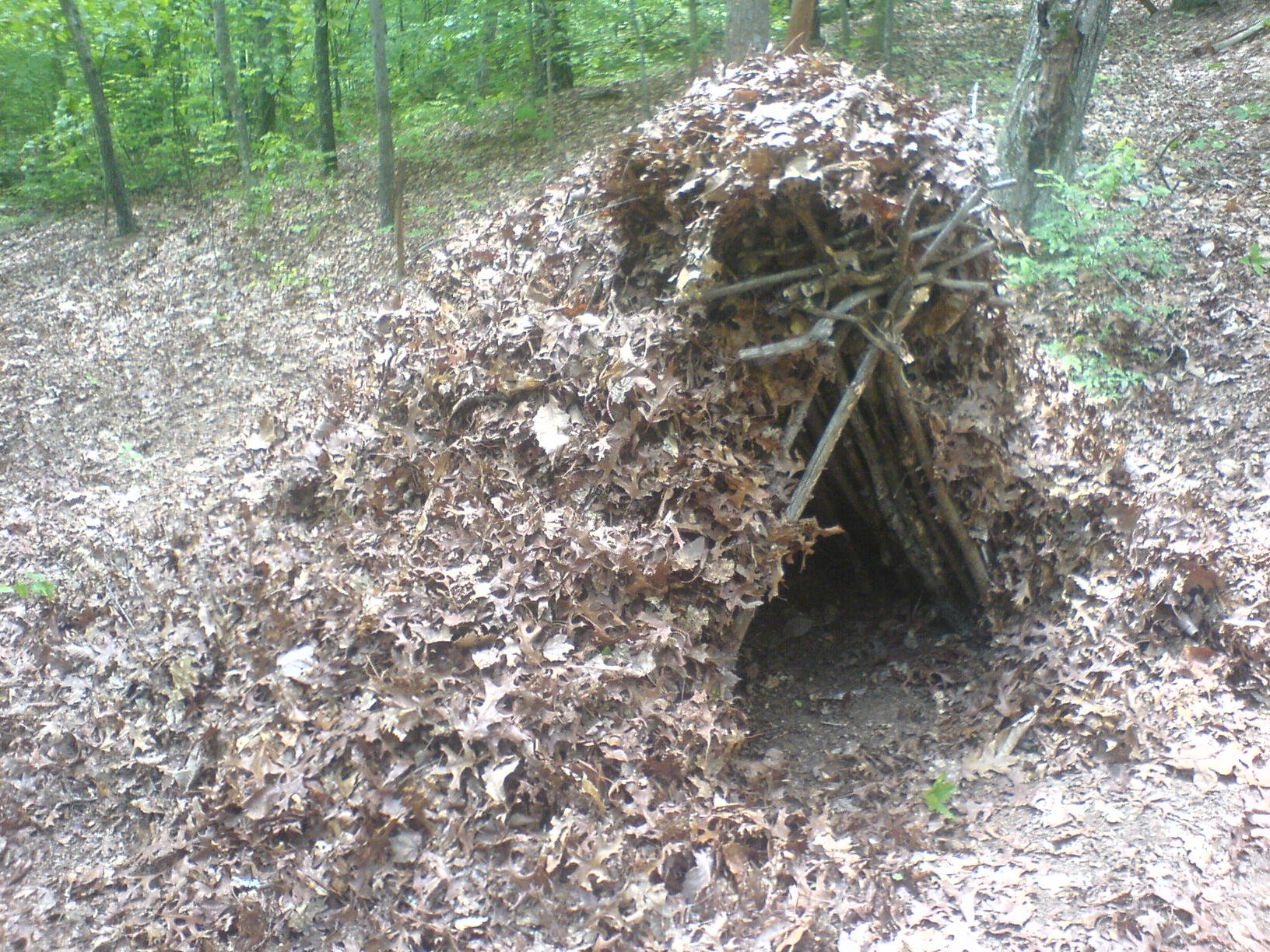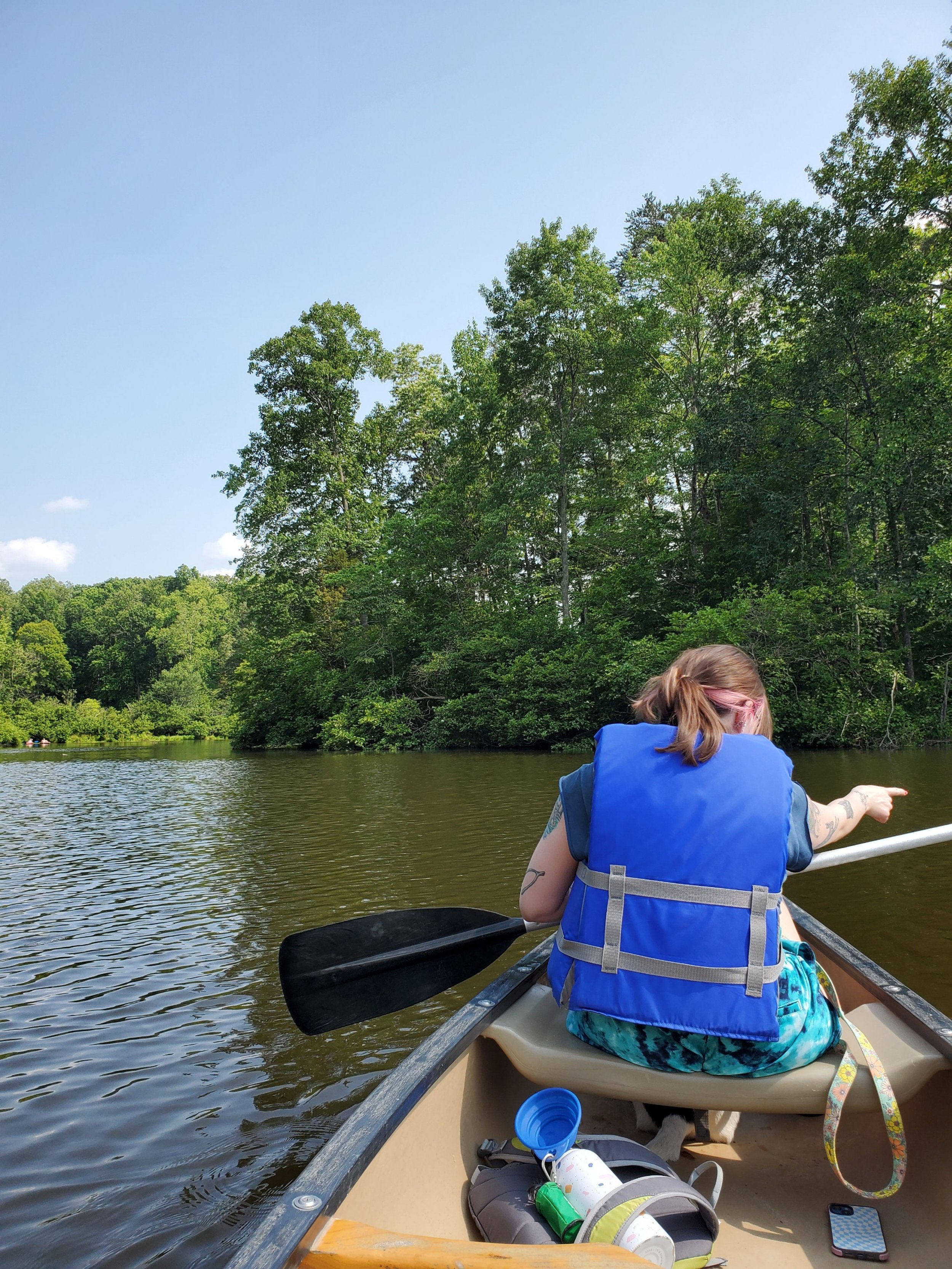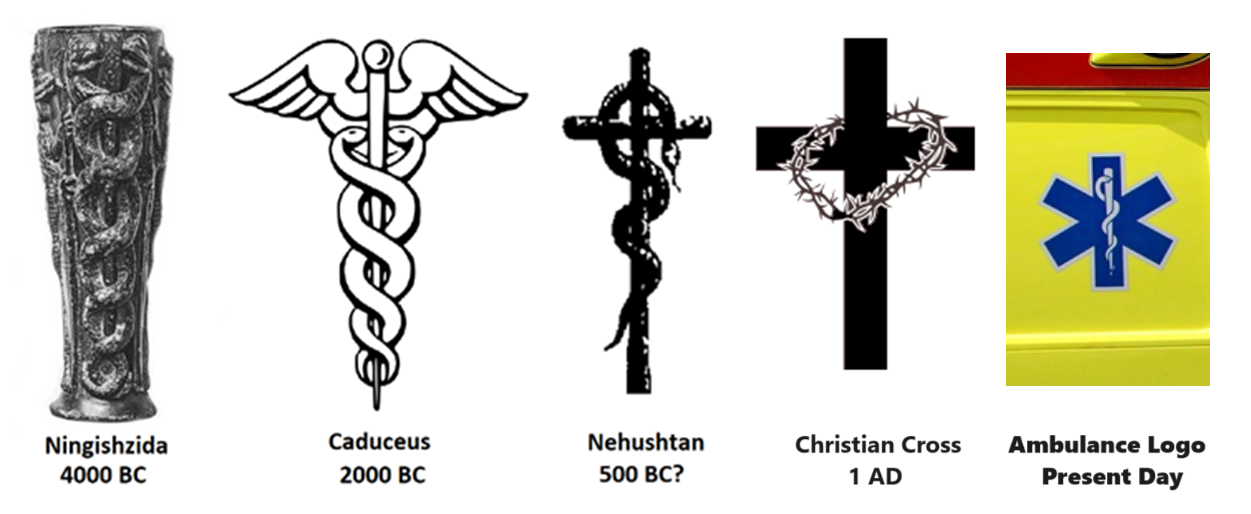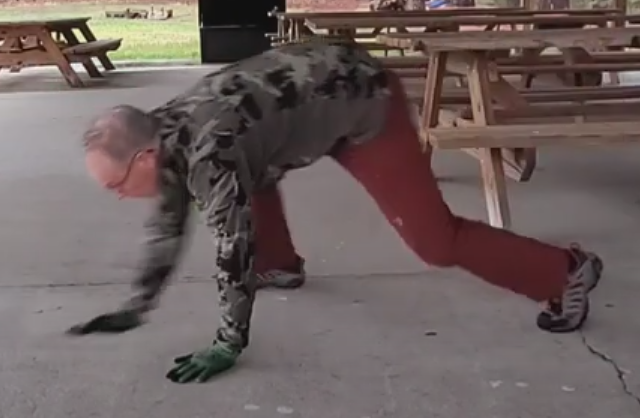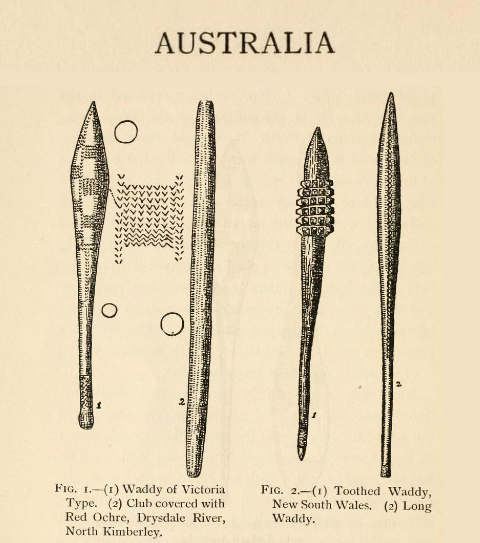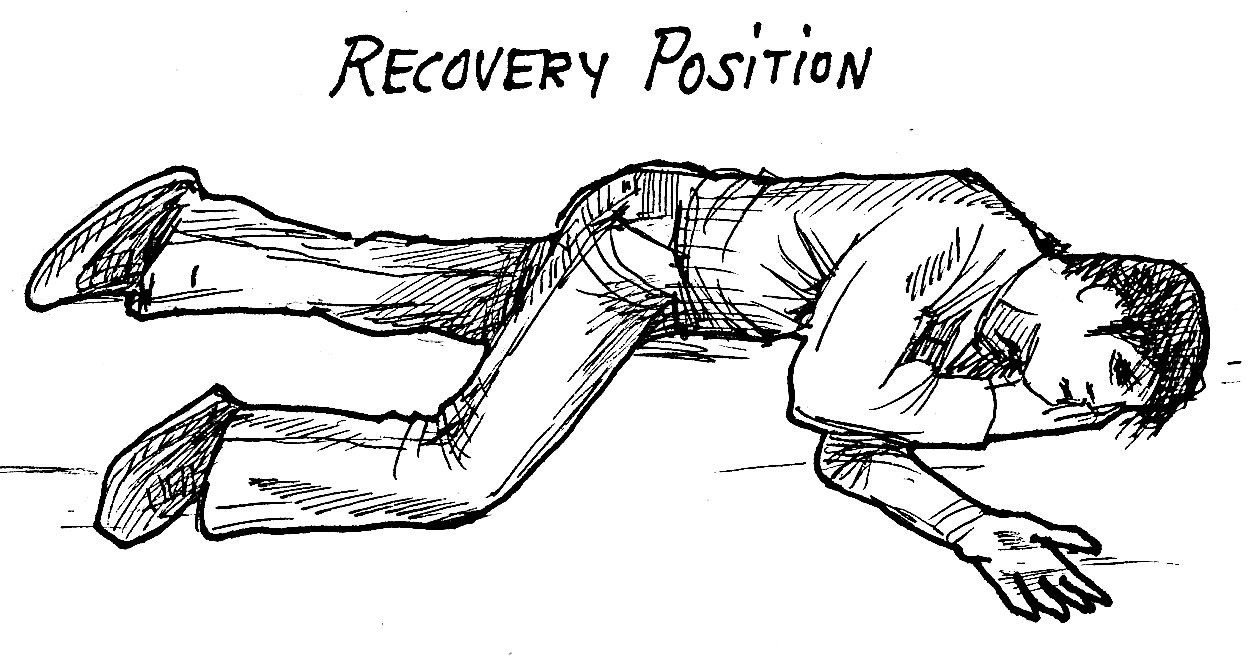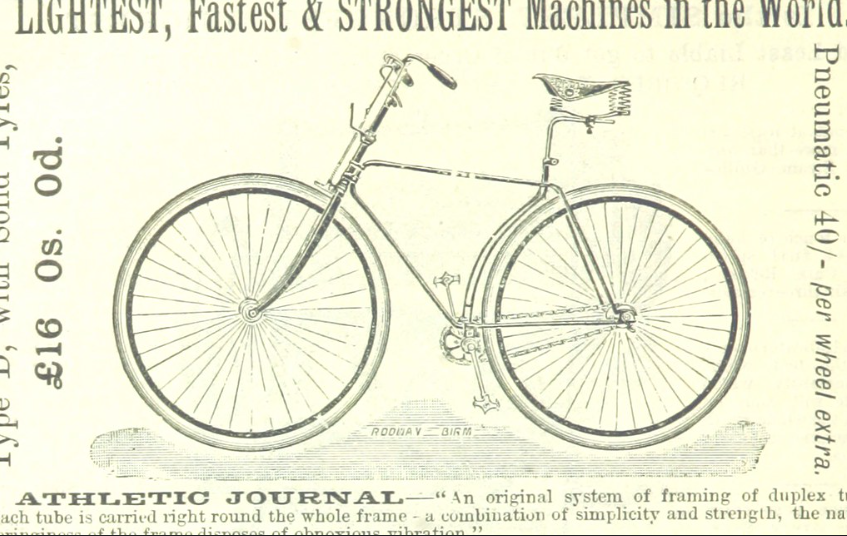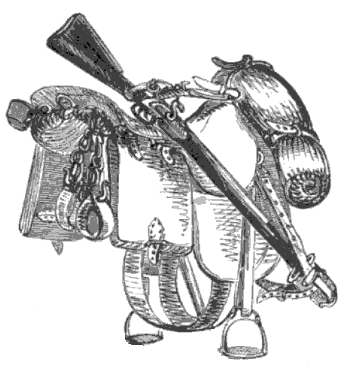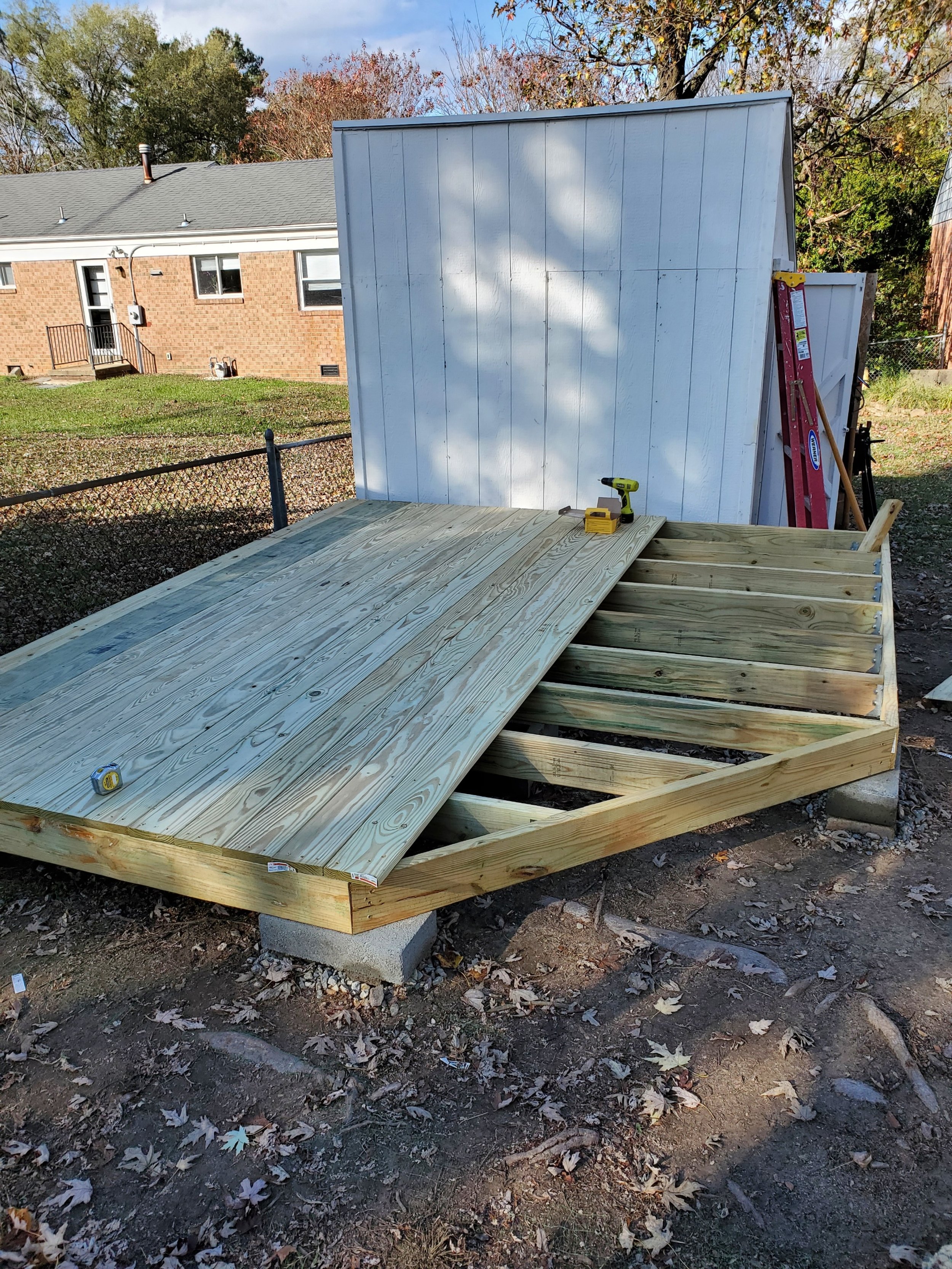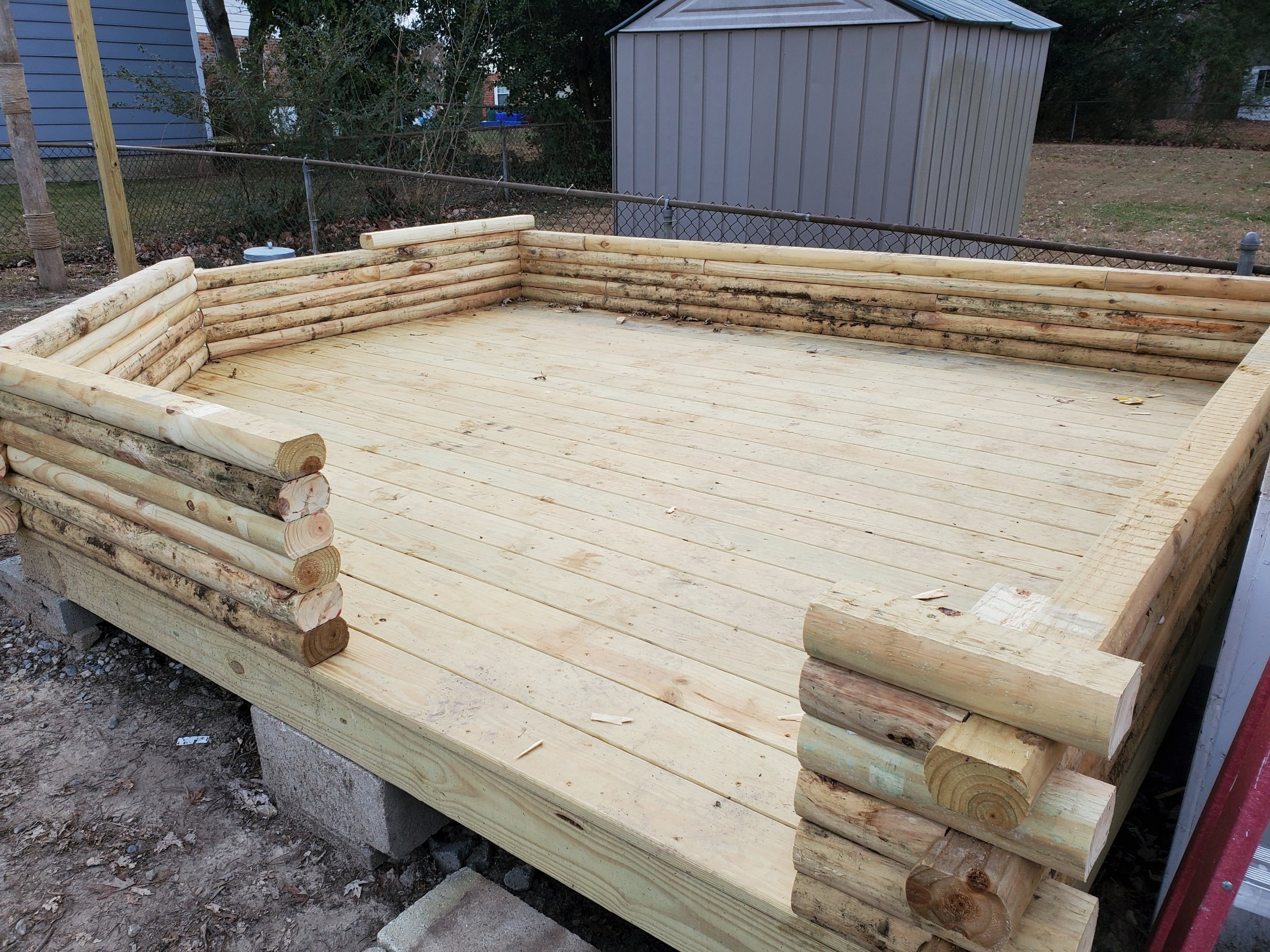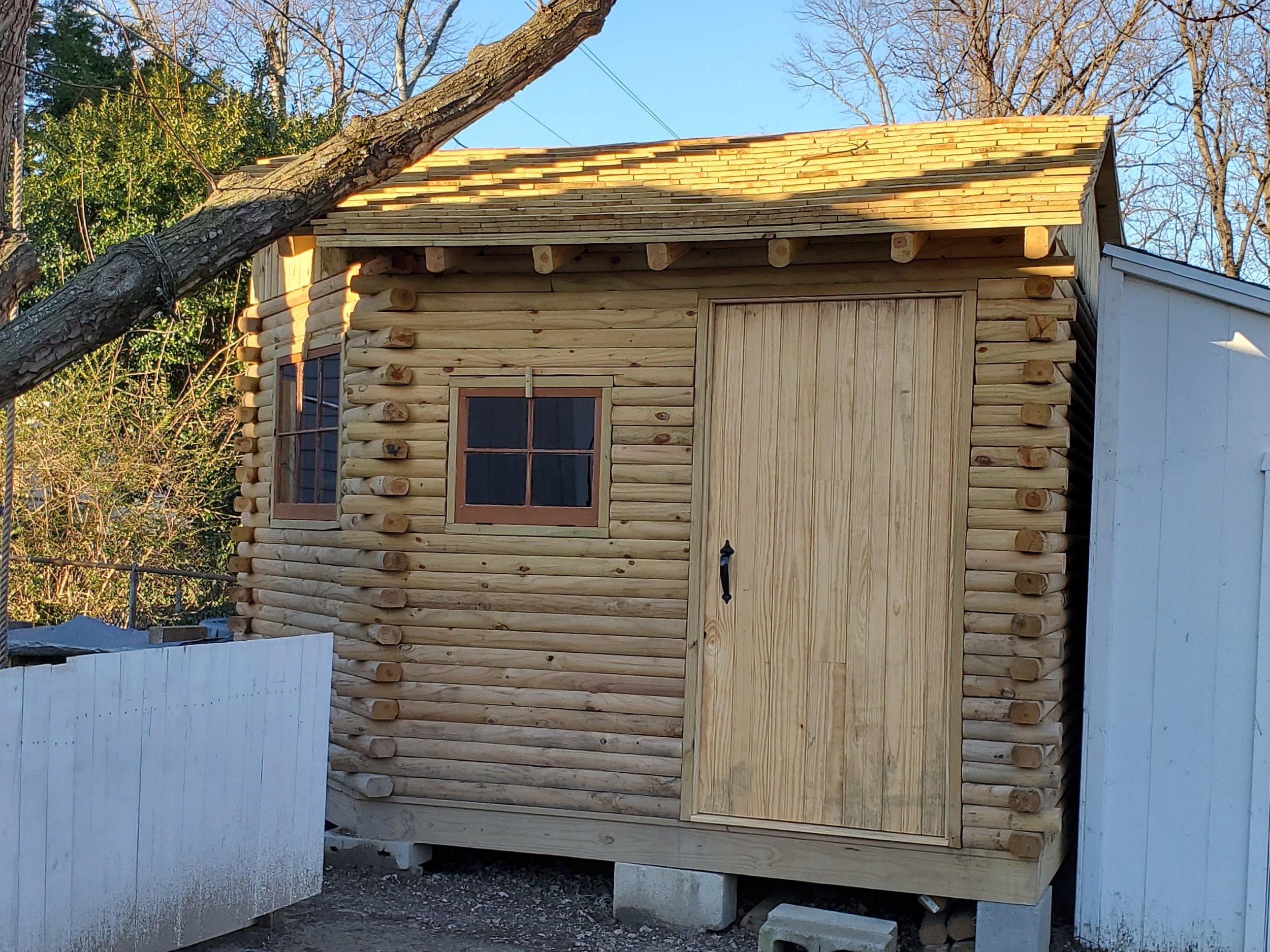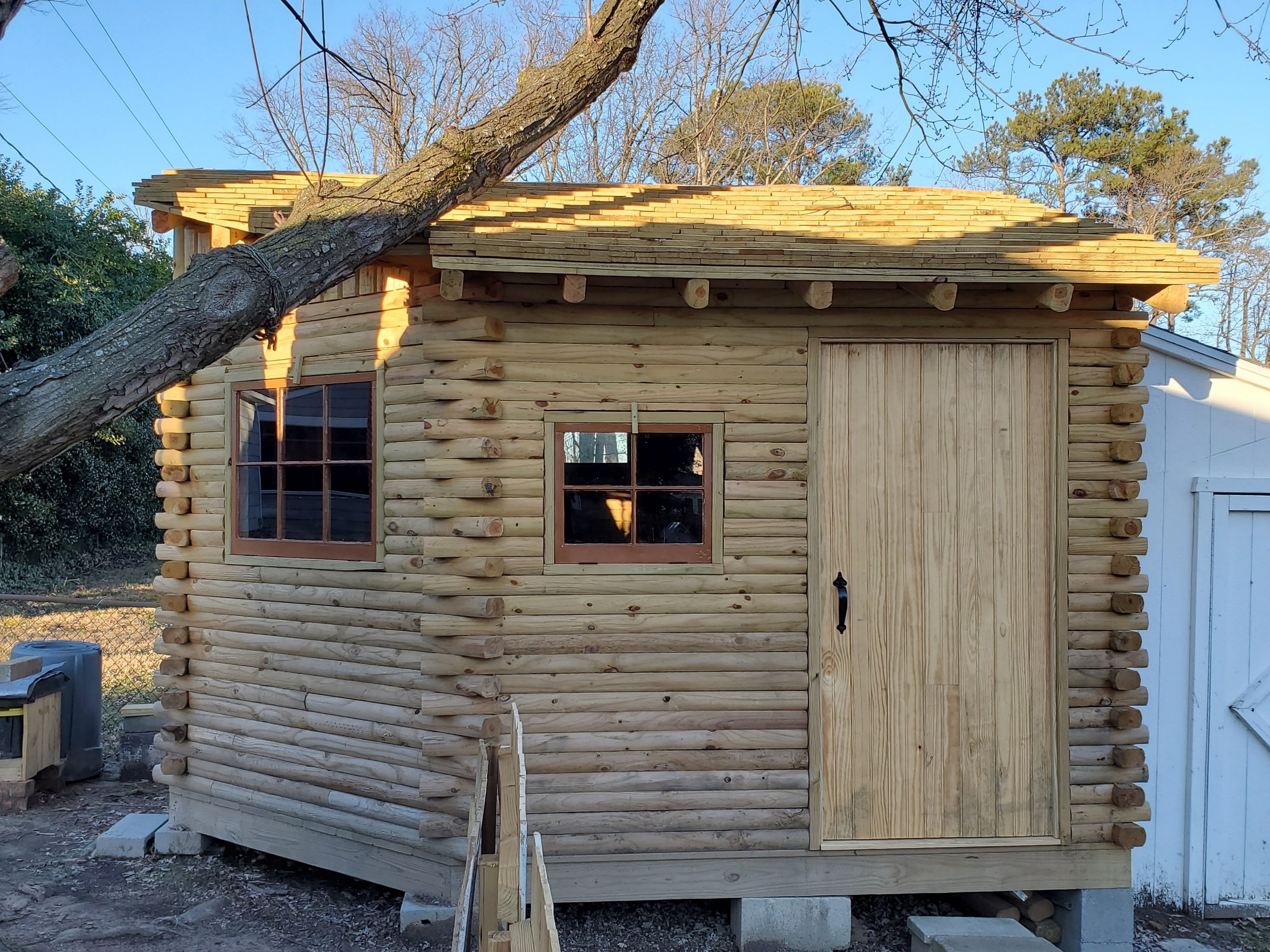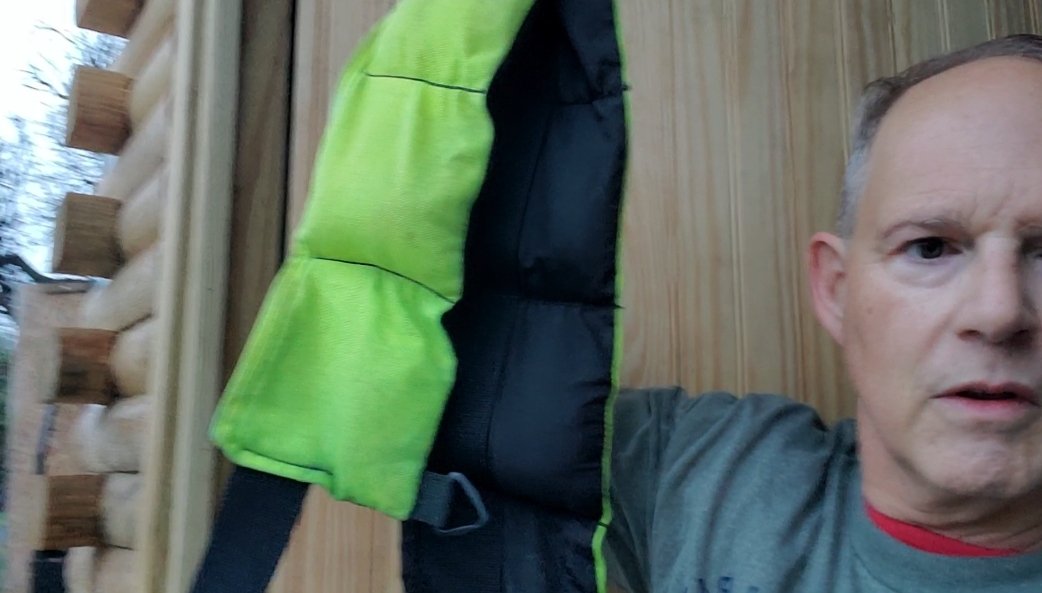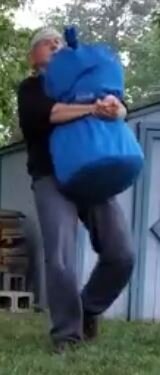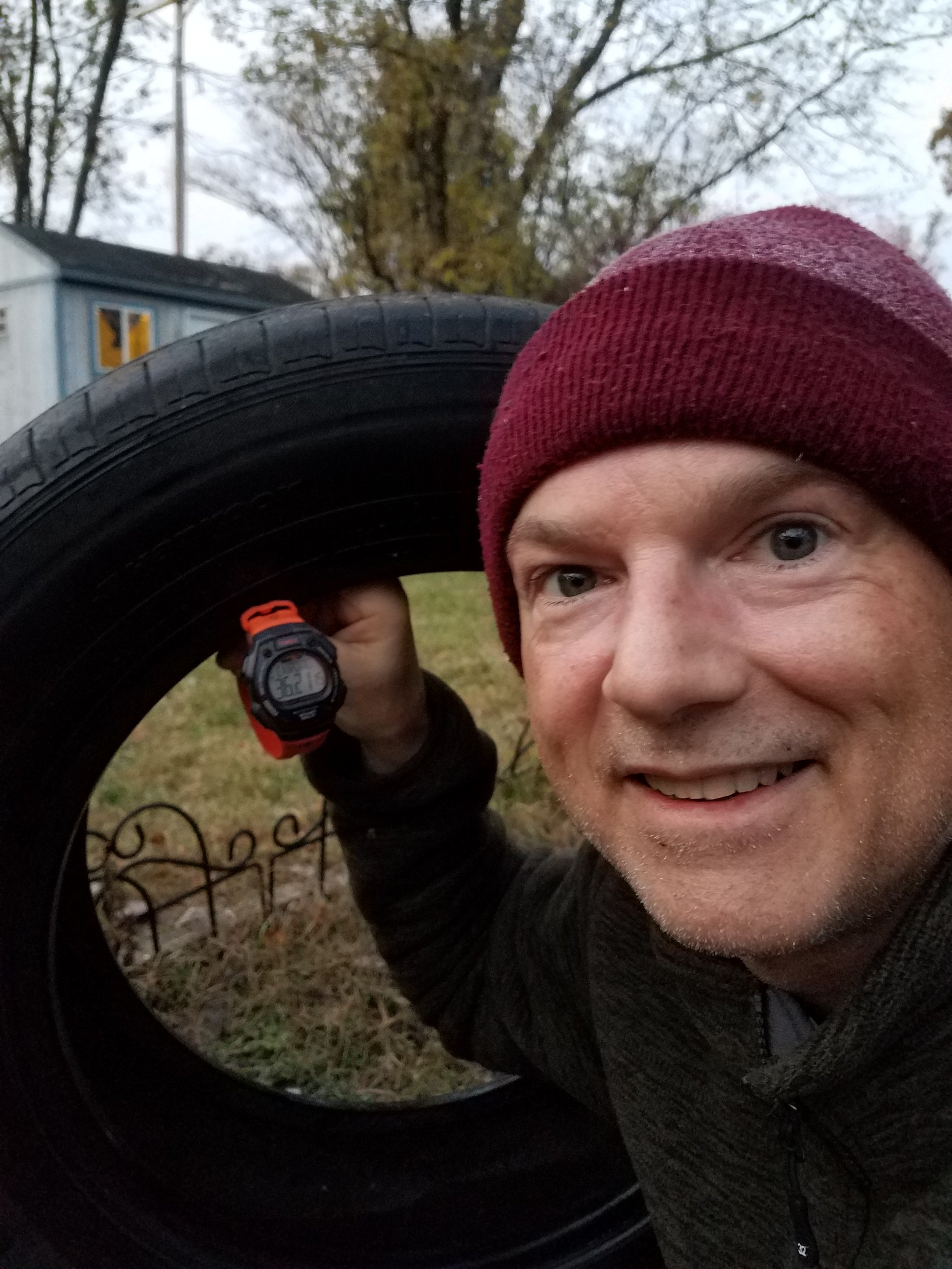Click here to sign up for daily motivational text messages!
...
Click here to sign up for daily motivational text messages! ...
What’s the weekly mettle maker?
Training tips and educational info in support of our free programs, that’s what! What’s mettle? Mettle is, “The ability to meet a challenge or persevere under demanding circumstances; determination or resolve.”
Mettle maker #405: Big Changes! What’s new?
All three of our original programs are now unified under the name Heritage Rough ‘n’ Tumble. In order to understand why we’ve made this change, you need to know a little bit of the history. Read last week’s post for more details.
Skin in the game is now required. All of our programs are still free. But if you can afford it, we now require a donation of at least $1/month. If you can’t afford it, you have to volunteer to do something. You can be a social media promoter, a blogger, researcher, newsletter editor, fundraiser, mentor, artist, or even come up with your own idea. At the very least you should attend weekly fellowship and hang out (see link in the description of each week’s Holy Eucharist LIVE service below).
The weekly Mettle Maker will morph a little. You’re going to start to see posts that blend the various aspects of the programs in a way that’s more challenging and synergistic. Sounds so much cooler when you use buzz words, right? Seriously though — the way we’ve been presenting things has accentuated the separateness of martial arts, fitness, outdoor skills, and spiritual development rather than their interrelatedness. Time to change that.
Want to be a Rough ‘n’ Tumbler? You need to practice self-defense, fitness, outdoor skills, and spiritual development the way the old-timers did.
And that’s why we’ve rolled everything into one program called Heritage Rough ‘n’ Tumble.
New video releases on Monday!
Holy Eucharist is LIVE on YouTube every Sunday at 10 am EASTERn. Click HERE to watch live. To view and print a copy of the program for holy Eucharist, CLICK HERE.
Homily for the Solemnity of the Ascension of the Lord, Sunday, 5/12/24 – Father Mitch
Readings: Acts 1:1-11, Ps 47:2-3, 6-7, 8-9, Eph 4:1-13, Mk 16:15-20
Mark 16:15-20 World English Bible
Jesus spoke to his disciples.
He said to them, “Go into all the world and preach the Good News to the whole creation. 16 He who believes and is baptized will be saved; but he who disbelieves will be condemned. 17 These signs will accompany those who believe: in my name they will cast out demons; they will speak with new languages; 18 they will take up serpents; and if they drink any deadly thing, it will in no way hurt them; they will lay hands on the sick, and they will recover.”
19 So then the Lord,† after he had spoken to them, was received up into heaven and sat down at the right hand of God. 20 They went out and preached everywhere, the Lord working with them and confirming the word by the signs that followed. Amen.
Most experts believe that the Gospel of Mark, as recorded by its original author, ends at Mark 8, and certainly the oldest Greek manuscripts do end there. But by sheer volume, the vast majority of manuscripts contain verses 9 - 20, as do most Bibles since the Council of Trent ruled on the canon (although some place these verses in brackets). What’s the answer? Well, the simplified version of the argument in Catholic Encyclopedia entry on the topic runs to a staggering 10,000 words -- over 40 pages! – and we’re not Bible experts.¹ We’re not sorting this out here today. We’re just simple believers. So let us ask ourselves, "What is the average Christian to think and believe regarding Mark 16:9-20?"
To be sure, these are unpopular verses with those who look at them with modern eyes skeptical of demons, snake handling, and speaking in tongues. While I believe that the works described within them were literally performed at that time, and do sometimes happen today, many do not. Perhaps God knew our dispositions would change over time. Perhaps, knowing that some would be skeptical, he allowed two viable versions to persist, one for the skeptics and one for the non-skeptics.
Or perhaps, as Christians assuming that the Holy Bible is a sacred document, we should suppose that the text, to at least some degree, has been delivered into our hands by God. And having received these verses, perhaps we should feel charged to contend with them, to interpret them, to allow them to work in us, to change us, and to form us.
To those who are skeptical about the literal truth of the miraculous gifts described in these verses, I would like to point out that Jesus Christ's Universal Church has done a great job, in a metaphorical sense, of doing all the things described. We Christians have driven out many demons – the bad ideas and bad behaviors of the ancient world, such as slavery, infanticide, and polygamy – pushed them out of the mainstream and into the realm of taboo.
We have handled the deadly snakes – evildoers of all kinds, liars, betrayers, and enemies of God's message and his children’s wellbeing, both within and without his church – and we have not died. We have in fact grown our numbers, our influence, and our good works. And we have mastered speaking in tongues, translating God's Word into every known language worldwide.
And although we've been tempted upon occasion to drink from this fallen world's poisoned well – its media, entertainment, and negative influences – by God's grace we have not been struck down. And somehow we humble members of Christ’s church have managed to lay our hands on the sick -- onto those who walk in the darkness of unbelief -- so that they might be healed of their blindness and see.
Let us all give thanks for God's saving grace and for a continuation of our Lord’s healing gifts which we have received. But more than that, let’s accept the truth of these miraculous gifts and take them out into the world. Let’s use them spread them far and wide, so that even more of God’s children may be spared from the sickness of sin and delivered from the disease of separation from God.


